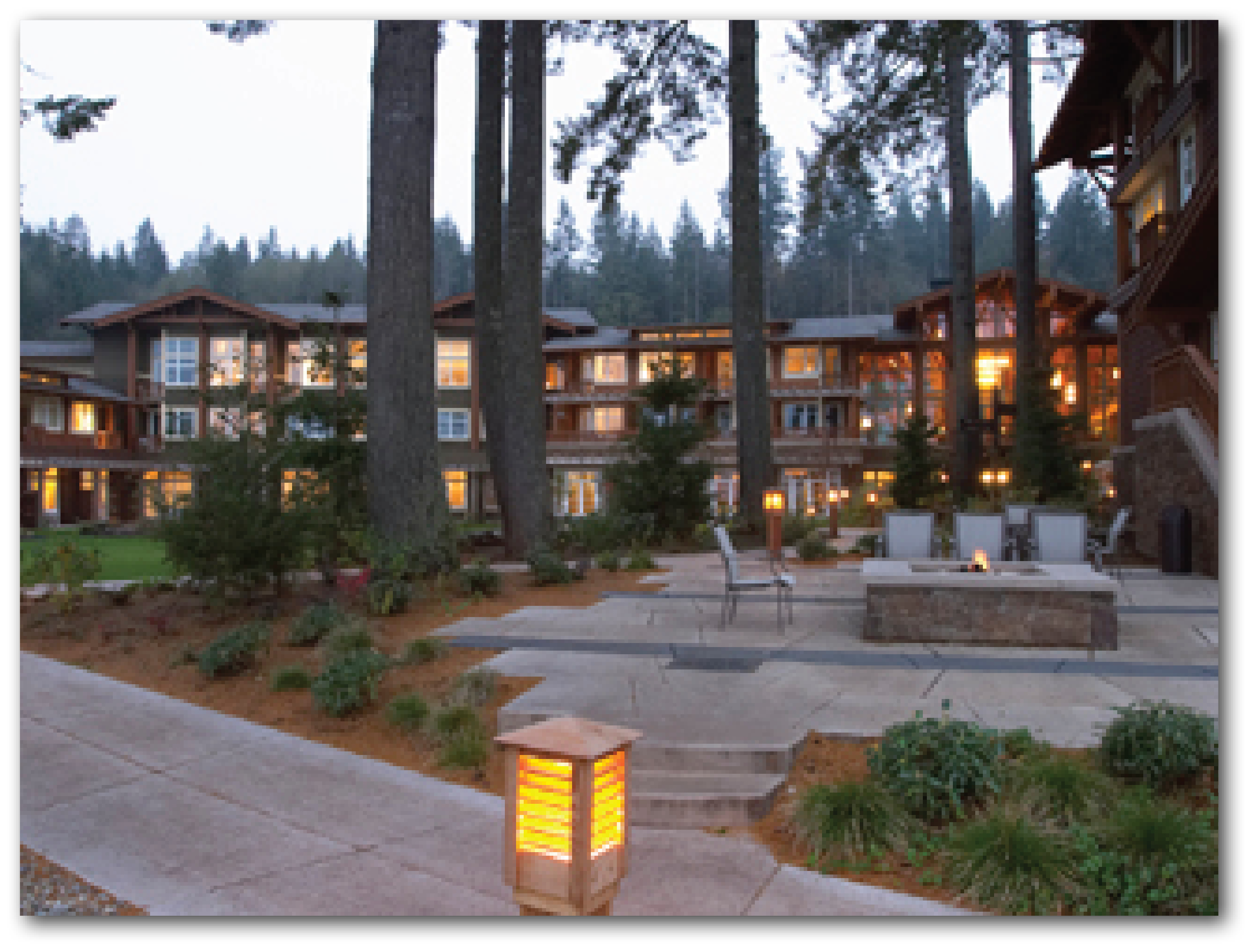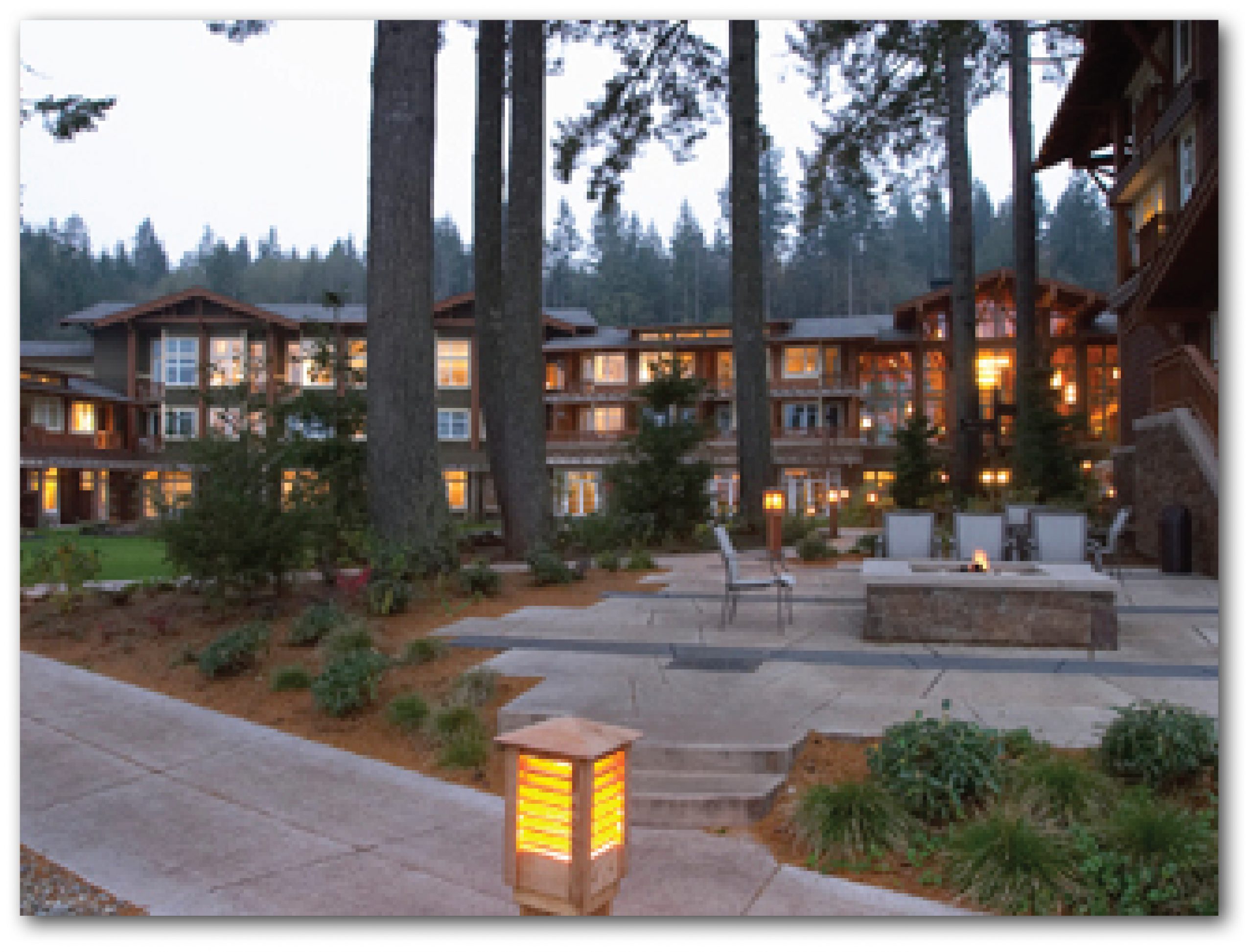
I had such a great time at SCBWI Western Washington’s Weekend on the Water retreat this year. Nestled in a cozy lodge-style resort on the Hood Canal, 49 other writers and I had the privilege of learning from superstars Arthur A. Levine and Linda Sue Park. I wanted to capture and share just a few of the nuggets of wisdom I gleaned from their talks, so here goes…

From Arthur:
- First chapters are like first dates. You need a spark, but also must establish trust if there is to be a long-term relationship. You must choose an appropriate setting for the mood you wish to create. Choose the right outfit—don’t write to trends if they don’t suit you. Don’t give too much away in the beginning—keep a few surprises for later. Be honest. Don’t rush in.
- Think about your story’s “best self,” the most important aspect of your book and hopefully, the one you are best at. Is it character? Plot? Voice? Setting? Yes, you need them all, of course, but one probably stands out as the key element or your best trait. Be sure to lead with that component in the first chapter, both to make a good impression and set the stage for what comes next.
- Make sure your story’s “beating heart” is revealed in the first chapter. What’s the emotional theme?
- You can’t start writing with a moral or theme in mind. Go back to the characters and find out why it matters.
- Main characters will have thoughts and feelings about the facts you need to present. Reveal character through description to get two for one.
- When receiving feedback, be sure to ask WHY critiquers are making their suggestions. Don’t just make the changes they propose without understanding the real reasons behind them.
- Enjoy the journey!
- Young children are learning about THEIR WORLD. Middle-grade children are learning about THE WORLD. Young-adult readers are learning about THEMSELVES. “Reading is practice for life.”
- Without showing the where and when of setting, you only reveal part of character. Tell readers how your characters interact with their environment, not just what the environment is.
- Every sentence should do double-duty (plot + character, plot + setting, or setting + character). Look for this during revision.
- Try it! Instead of just thinking about something, (1st person POV vs. 3rd person, present vs. past, different structures and timelines, different settings, etc.), try it both ways and see what you like better. Don’t be afraid of wasting time! This is the work of writing.
- Using present tense for what is happening right now is technically incorrect. Present tense is for things that happen every day or are routine. Present participle (-ing) is for what’s happening right now. “I sing” vs. “I’m singing.” But it’d be awfully cumbersome to right a 1st person present novel this way!
- Use line breaks to see the rhythm and length of sentences in a picture book. Edit it as free verse, then put it back together for manuscript form.
- Act out the parts and try reading your work out loud AS your characters! This helps you catch things they wouldn’t say or do and guarantee authenticity.
- Write one scene at a time. In every scene, you only have to choose if there will be progress or impediment, and which quest will affect, internal or external? Now make it MOVE—every scene needs some kind of action.
- Even if you don’t believe in yourself, believe in your STORY.
- The only way to know what’s good is to read—a LOT!
There was so much more from each of them that my notebook (not to mention my brain) is full! If you ever get the chance to hear either one of them speak, don’t let it pass you by. They are both phenomenal.
Another great component of the retreat is learning from the other talented writers in attendance. We had peer critique groups, networking and social time, and work shared aloud throughout the weekend. So, with all of that feedback and learning in mind… back to revisions!


